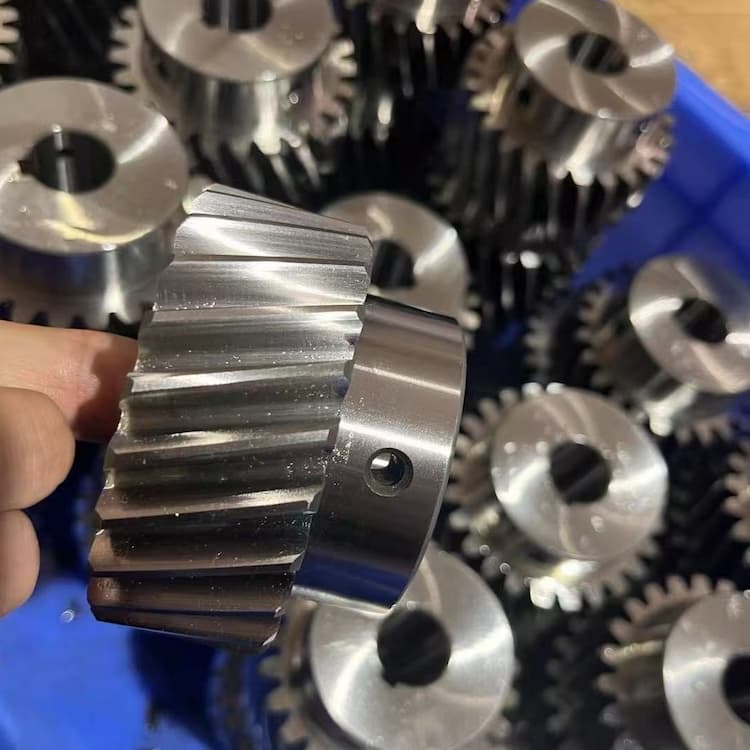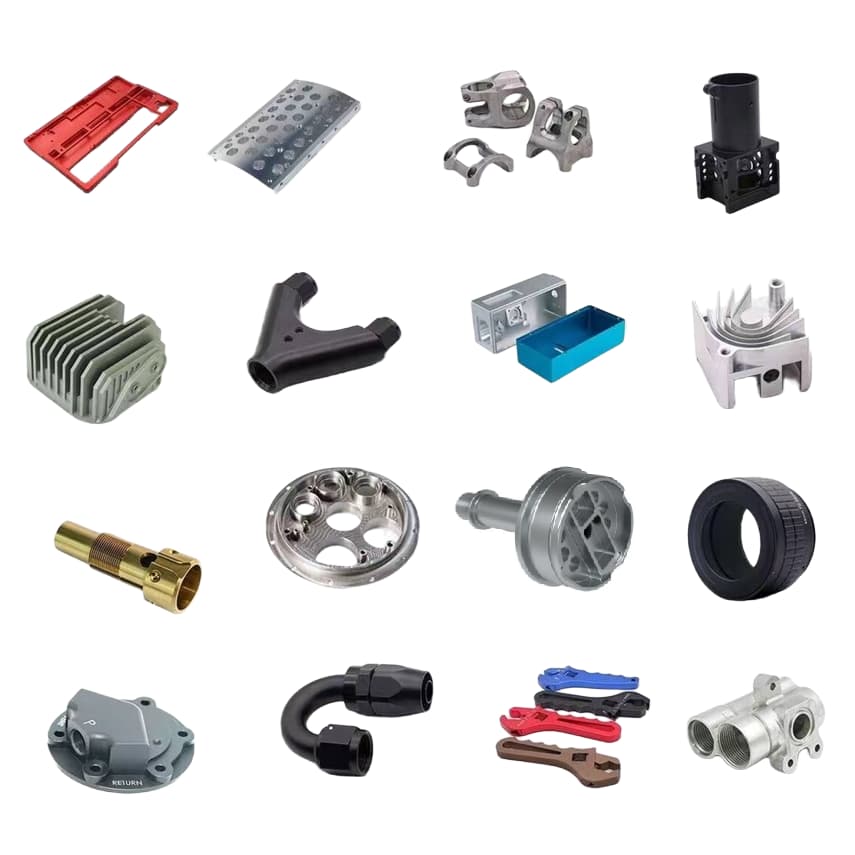I. Introduction
In today’s fast-paced manufacturing environment, product designers and engineers are presented with a wide range of production methods—from traditional casting to cutting-edge 3D printing. Each process has its strengths, and choosing the right one depends on factors like geometry, material, lead time, and cost.
CNC machining stands out as a versatile, precise, and reliable manufacturing method. But how does it compare to alternatives like injection molding, 3D printing, or die casting? This article provides a comprehensive comparison to help you understand when CNC machining is the best fit for your product development and production needs.


